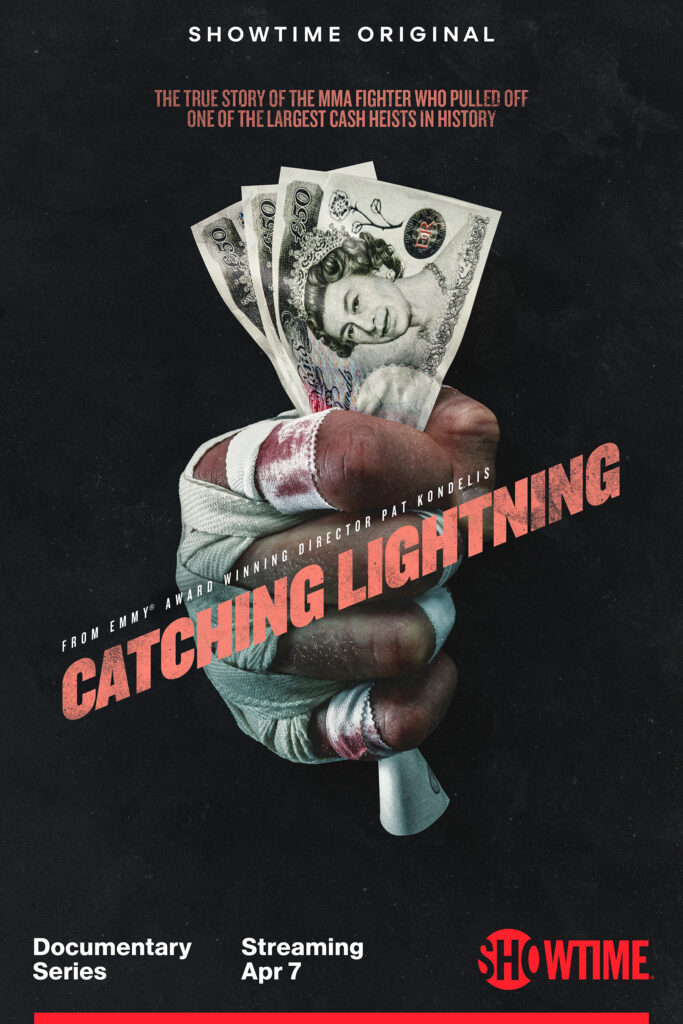 I totally dropped the ball regarding the New York Film Festival this year. Or rather my friend who usually procures my tickets dropped the ball and I didn’t see a single one of the main slate films. However, I did make it to a special event double-feature that served as a tribute to one of the twentieth century’s great artists, Elia Kazan: a screening of Martin Scorsese’s A Letter to Elia and Kazan’s own America, America in a newly restored print.
I totally dropped the ball regarding the New York Film Festival this year. Or rather my friend who usually procures my tickets dropped the ball and I didn’t see a single one of the main slate films. However, I did make it to a special event double-feature that served as a tribute to one of the twentieth century’s great artists, Elia Kazan: a screening of Martin Scorsese’s A Letter to Elia and Kazan’s own America, America in a newly restored print.
Kazan is a polarizing figure. Though unarguably one of the greatest stage and film directors of our time, his name is often mentioned in the same breath as another controversial artist, Leni Reifenstahl. And with that the implication is clear: you cannot separate the artist from the person; any achievement, no matter how staggering, is nullified by the personal failings of it’s creator. I don’t necessarily subscribe to such an absolutist view of the world, yet at the same time one of my early teachers was Morris Carnovsky, one of leading actors in the seminal Group Theater, from which Kazan – among so many others – sprang in the 1930’s. Carnovsky was one of names named by Kazan before Joseph McCarthy’s House Un-American Activities Committee - and with that his career evaporated.
At the time Kazan’s autobiography was published in the mid-1980’s, I was just starting out in the New York theater. My first big gig was the Broadway revival of Arthur Miller’s The Price with Eli Wallach. And while Miller – who refused to testify before the committee and later toasted Kazan at the opening of his loosely veiled play about the Communist witch hunts, The Crucible – never spoke to him again, Wallach and his wife, Anne Jackson, remained close to Kazan throughout. So when Eli mentioned that Kazan was coming to see the play, I made sure he would introduce me. What do you say to an artist you idolize? How is it possible to describe to a stranger how their work, their art, has changed you? (This is after all the man who directed Death of A Salesman, A Streetcar Named Desire, East of Eden, On The Waterfront. Kazan found a new way of telling stories by digging towards deeper truths. After Kazan, the theater and the cinema will never be the same.) This is a fundamental question addressed in Scorsese’s film as he speaks forcefully and passionately about Kazan as a formative film-making influence. Yet that doesn’t work as cinema ultimately. What does work are the precisely chosen clips and interview footage of the director himself. As the film recounts the director’s tumultuous immigrant journey from the Group Theater to the Hollywood A-list to the thicket of the blacklist, it makes a powerful case for Kazan as a profoundly personal artist.
And that dovetails nicely with what was the big surprise of the evening: a screening of Kazan’s epic, America, America. Based on the life of Kazan’s own uncle, it is an unforgettable story of an impoverished and oppressed Greek Turk determined to escape, by any means necessary, to the land of the free. His perilous journey across mountains and oceans, through arranged marriages and crafty swindlers, rivals that of an earlier Greek voyager, Odysseus, in its epic emotional sweep. Obviously intensely personal, all you need to know about Kazan the man and Kazan the artist is in this film. And Haskell Wexler’s photography is nothing short of stunning, too. Rarely screened and never released on DVD, it is finally getting it’s due in a Kazan boxed set due to come out in November.








